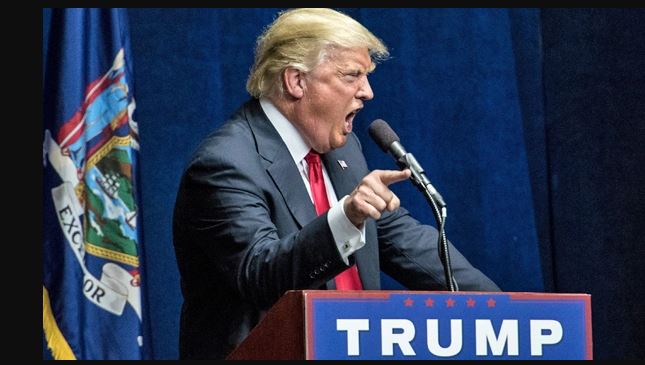
Havana scolds Trump for ignorance of Cuban history
President Donald Trump on Saturday (May 20) released a statement congratulating Cubans on the 115th anniversary of their independence from the Spanish empire, a statement that was immediately rebuffed by the government of President Raúl Castro.
“On Cuban Independence Day, I extend my warmest wishes to the Cuban American community and the people of Cuba as our whole Nation joins you in celebrating the anniversary of Cuban Independence,” the statement said.
Cuba does not observe May 20 as Independence Day, reserving that designation for Jan. 1, 1959, when the U.S.-supported regime of Fulgencio Batista fell to the forces of revolutionary leader Fidel Castro.
For that reason, Cuban state television hours later criticized the “controversial” and “ridiculous” message from a “badly advised” Trump. It referred to “the contradictory and clumsy pronouncements by the millionaire magnate-turned-president on issues of policy both foreign and domestic.”
Because May 20, 1902, was the day that control of Cuba passed from Spanish occupation to United States domination, it merely marked the beginning of “the yanqui neocolony that lasted until Jan. 1, 1959,” an announcer said.
“That period signified a period of poverty, exploitation and crime that culminated in the revolutionary triumph of 1959.”
[http://www.radiohc.cu/noticias/nacionales/130357-respuesta-de-cuba-a-mensaje-de-donald-trump]
An article Sunday (May 21) in the daily Granma gave a fuller historical account. (To read it, in Spanish, click here.)
In his statement, Trump said that “Americans and Cubans share allegiance to the principles of self-governance, dignity, and freedom.”
He also cited the 19th-century national hero José Martí, who, he said, “devoted himself to making Cuba an economically competitive and politically autonomous nation.”
Martí, Trump stated, “reminds us that cruel despotism cannot extinguish the flame of freedom in the hearts of Cubans and that unjust persecution cannot tamper Cubans’ dreams for their children to live free from oppression.”
“The Cuban people,” he added, “deserve a government that peacefully upholds democratic values, economic liberties, religious freedoms, and human rights, and my Administration is committed to achieving that vision.”
Trump concluded by thanking Cuban-Americans for their “outstanding contributions to our country,” particularly for serving in the U.S. military.
The Cuban statement reminded Trump that “our José Martí, whom he dares to refer to, was the most anti-imperialist of all Cubans.”
[Photo at top is of Donald Trump campaigning in Miami last year.]

